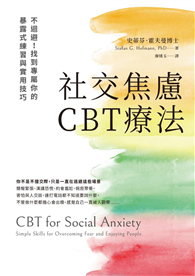Discussing social media-related scholarship found in criminology, legal studies, policing, courts, corrections, victimization, and crime prevention, this book presents the current state of our knowledge on the impact of social media and the major sociological frameworks employed to study the U.S. justice system.
Building a theoretical framework for the study of social media and criminal justice in each chapter, the chapters provide a systematic reflection of extant research on social media in cybercrime, operations of courts, administration of institutional and community corrections, law enforcement, and crime prevention. The book fills the gap between the contemporary state of knowledge regarding social media and criminal justice with respect to both empirical evidence and types of sociological frameworks being employed to explore and identify the societal costs and benefits of our growing dependence upon social media. In addition to providing an up-to-date overview of our current state of knowledge, this book highlights important areas of future research, wherein the benefits of social media can be expanded and the negative aspects of its broadening use can be minimized.
Social Media and Criminal Justice will be of interest to students, scholars and practitioners in the areas of judicial administration, corrections management, law enforcement, and criminal justice-engaged community-based nonprofit organizations involved in court-referred treatment and/or active collaboration with local law enforcement agencies.












